Temple of Peace and United Nations Day
During the celebrations of yet another anniversary of the Temple of Good Will (TGW), which I founded in 1989, I recall that in October 2009, in Brasília/DF, we paid our homage to the United Nations. On that date, the UN was completing 64 years of existence. Incidentally, the sentiment that inspired the international community to create this organization in 1945 is the same as the TGW: desire for Peace.
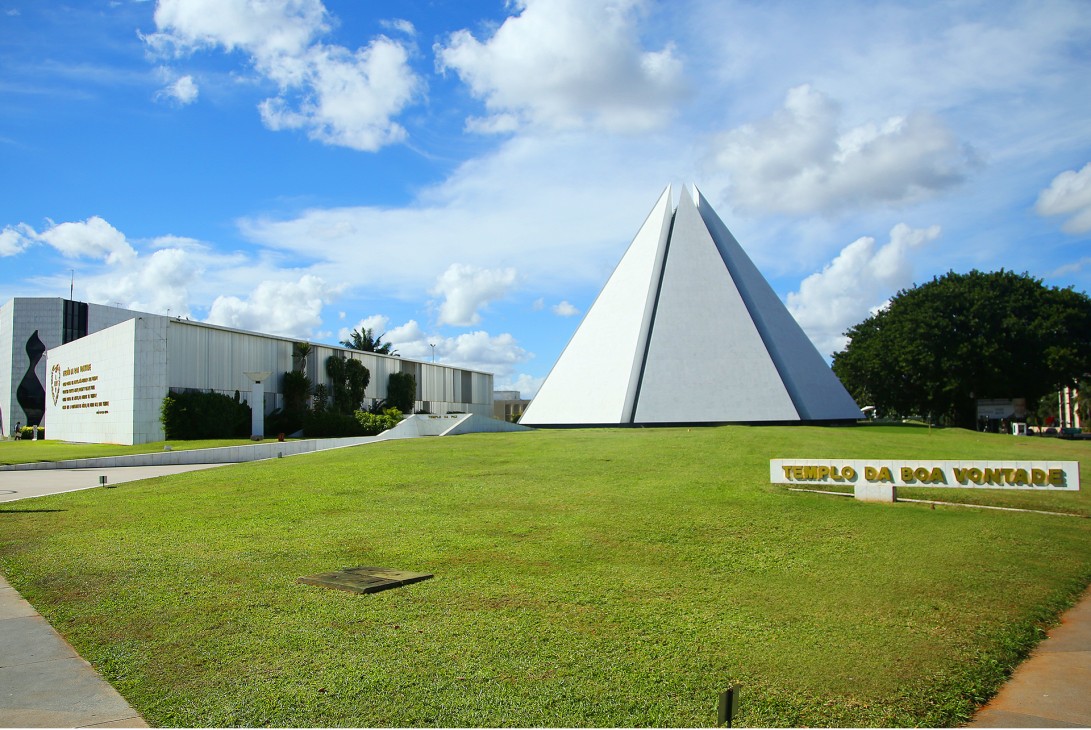
Brief History
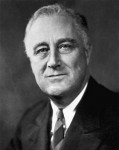
Franklin Roosevelt
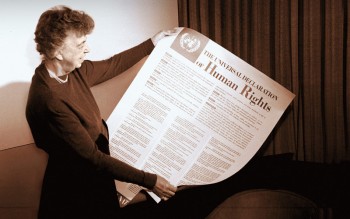
Eleanor Roosevelt
After the atrocities of World War II, which decimated and mutilated millions of people, both physically and psychologically, world leaders sought mechanisms to ensure Peace between peoples. From April 25 to June 26, 1945, in the city of San Francisco/USA, the Charter of the United Nations was drawn up by representatives from 50 countries at the Conference on International Organization. The term “United Nations” was coined by the U.S. President Franklin Roosevelt (1882-1945). The basis of the document is formed by proposals made by delegations from China, the United States, the United Kingdom, former Soviet Union and France. On October 24, 1945, the United Nations officially came into existence. Imagine how many and what kinds of discussions were held behind closed doors to arrive at a consensus, especially in the devotional and laic fields. Eleanor Roosevelt (1884-1962) was witness to these discussions, of which we are not fully aware even though we are well-informed today. If the agreement was formalized at that time—given the discouraging failure of the League of Nations after World War I, which so grieved Woodrow Wilson (1856-1924)—, why won’t new measures, desired by so many nations that are now projecting themselves on an international level, a scenario in which Brazil stands out, be adopted? The world, without appeal, moves forward; sometimes, however, it moves back for a moment. But at a standstill it never remains.
Peace is not Utopia
Contributing to the theme, I offer some remarks of one of my impromptu speeches that the Jesus, the Ecumenical Christ, Academy partly published in the book “Proclamation of the New Commandment of Jesus — The heroic saga of Alziro Zarur (1914-1979) on Earth”, which we launched on October 24, 2009, in the overcrowded facilities of the TGW.
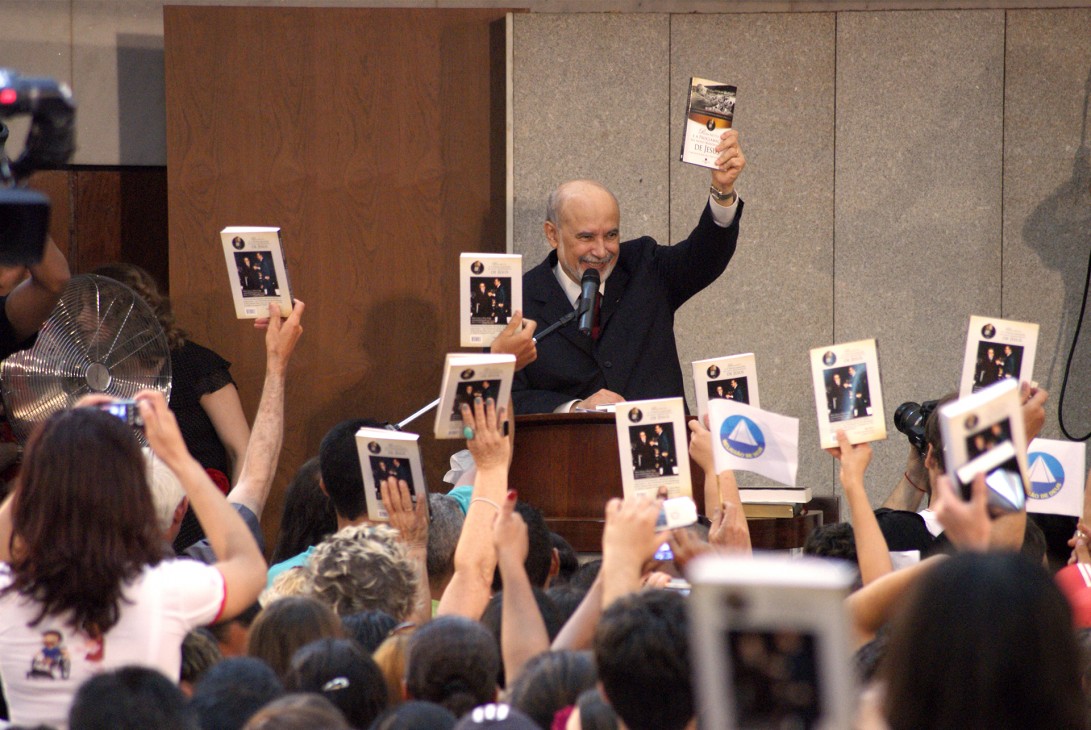

Sérgio Vieira de Mello
(...) There are those who find, as if it were fatalism attributed by them to censor the mystics, that war is inseparable from the Human Being, and there is no possibility of rapid progress. Obviously, they are mistaken. Maybe they still lack the resolve to oppose themselves to any obstacle and to fight without fear for truly more peaceful times. This requires a decisive dose of braveness: to go against that which certain ruinous “millenarian customs” “decided” was the inexorable path of humanity. But there are many who possess this fearlessness. Sérgio Vieira de Mello (1948-2003) was one of them. I am not affirming that the murderous instinct will suddenly disappear from the face of the planet. It’s just that I do not accept fatalistic models presented as irremovable realism. Let us say, for the sake of argument, that if war did come we would have to face it with the necessary courage. However, one day Fraternity and Justice will change the uneven destiny of creatures, families and homelands for the better. When creatures become purified, everything transforms around them.
Without this solidary posture, transmitted by one of the greatest figures to walk on this planet, it becomes more difficult to enjoy unarmed Peace, no matter what the cost needed to obtain it.
Divine message
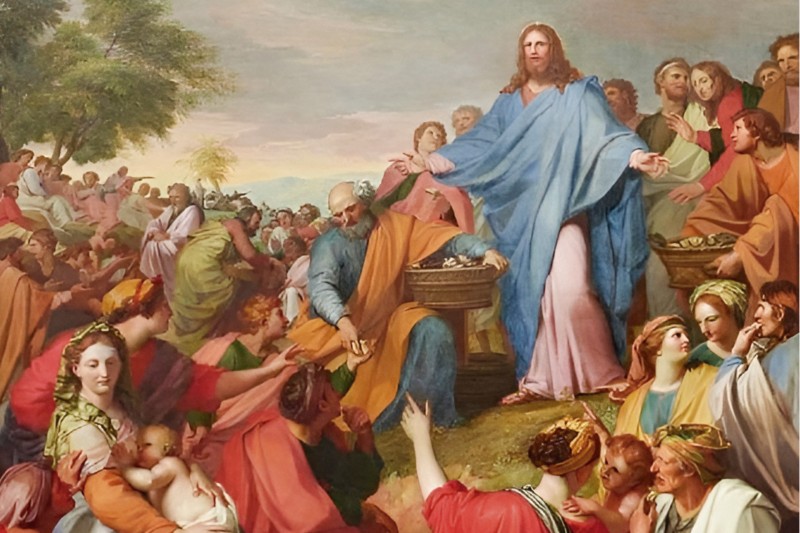
In ending, I emphasize the divine message from a Lord always concerned about the subject: “My Peace I leave to you, my Peace I give to you. I do not give you the peace of the world. I give you the Peace of God that the world cannot give you. Do not let your hearts be troubled and do not be afraid. Because I will be with you, each and every day, until the end of the world!” (Gospel of Jesus according to John 14:27 and 1; and Matthew 28:20). (...)

The comments do not represent the views of this site and are the sole responsibility of their authors. It denied the inclusion of inappropriate materials that violate the moral, good customs, and/or the rights of others. Learn more at Frequently asked questions.
Canada